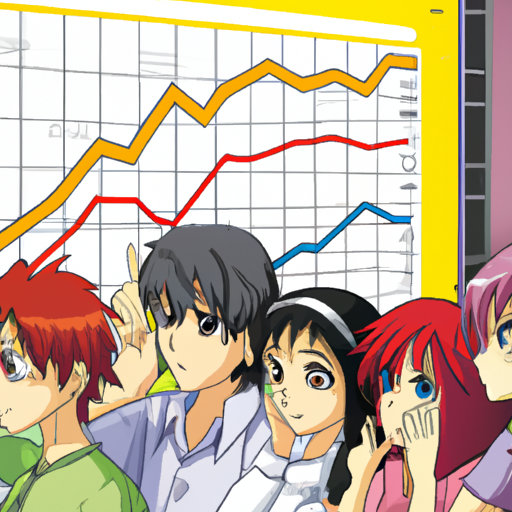Japan experiences a steady decline in real wages for the sixth consecutive month, indicating potential economic challenges for the nation. Real wages, adjusted for inflation, have fallen, impacting not only the purchasing power of the citizens but also the overall performance of the economy. This downturn could potentially affect domestic consumption and possibly lead to deeper economic disparities if left unchecked.
This decline in real wages is particularly concerning for Japan since wage growth is vital for sustained economic recovery. The current downslide could slow down domestic consumption, which accounts for over half of Japan's GDP. It also poses a threat to government efforts in revitalizing the economy and potentially exacerbating income disparities, pushing those on the lower end of the economic scale into a precarious position.
While wage growth is important in any economy, real wage stagnation or decline is usually more concerning in developed countries such as Japan, the US, or EU members. For instance, wage decline in the US may contribute to wealth inequality, decrease consumer spending, and potentially enable a recession. Meanwhile, EU countries often possess certain social safety nets, such as unemployment benefits and general welfare support. However, prolonged wage decline could still strain such systems.

